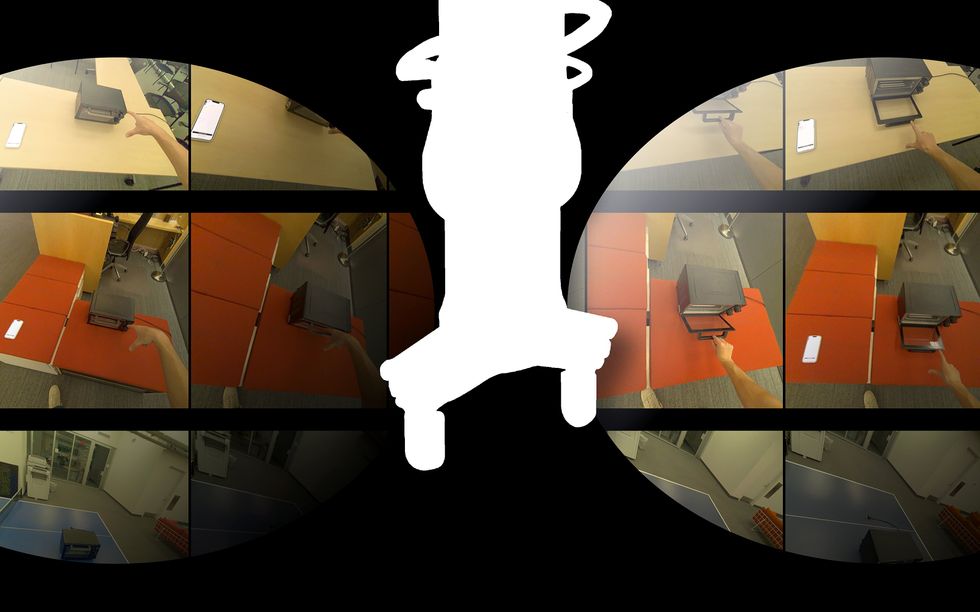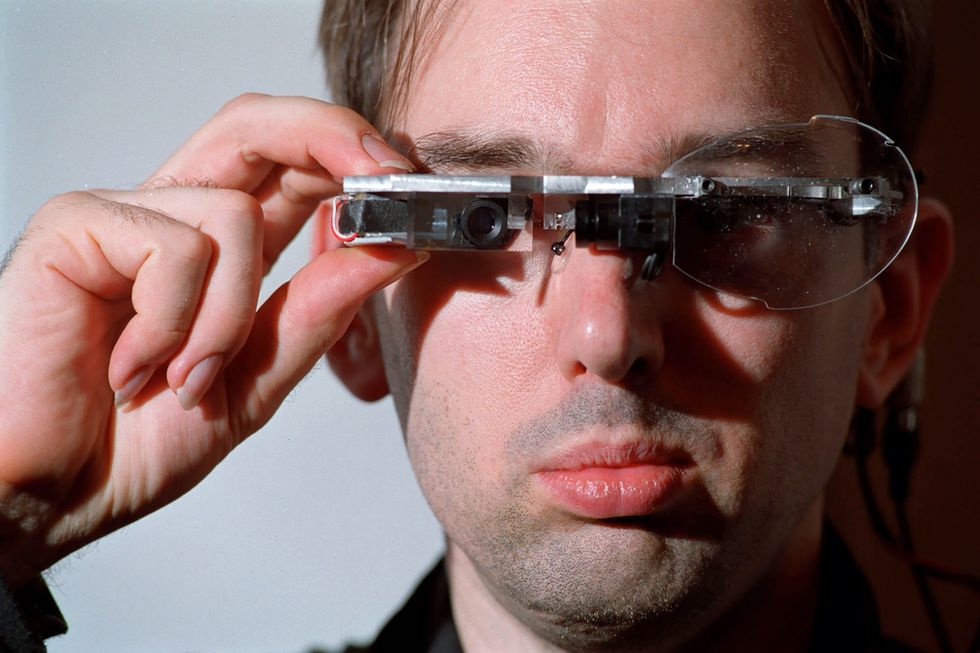Now Reading: Smart Glasses Revolutionize Training for General-Purpose Robots
-
01
Smart Glasses Revolutionize Training for General-Purpose Robots
Smart Glasses Revolutionize Training for General-Purpose Robots

Speedy Summary:
- Challenge in Robot Training: Training general-purpose robots for household tasks often requires extensive data difficult to collect through static cameras.
- EgoZero Technology: Researchers at NYU’s General-purpose Robotics and AI Lab developed EgoZero, using Meta’s sensor-equipped smart glasses to record data during human task performance from an egocentric perspective.
- Proof of Concept: The system trained a robot on seven manipulation tasks, such as placing bread on a plate, with only 20 minutes of human-recorded data per task. Robots achieved up to 70% success rates in performing these tasks autonomously.
- Advantages of Egocentric Perspective:
– Portable and adaptable compared to stationary cameras.
– Captures relevant visual context naturally aligned with human actions.
- Data Simplification: Instead of full images,the system maps hand movement trajectories into spatial points for robot learning. This method avoids mismatches between human hands and robotic arms while enabling generalization across different objects and environments.
- Scalability Goals: Researchers aim to create scalable methods for training robots by leveraging real-world interactions via smart glasses or alternative handheld devices.

The EgoZero system interprets human interaction data collected via smart glasses into actionable navigation points for robotic manipulation.
Image Credit: Vincent Liu, Ademi Adeniji, Haotian Zhan
indian Opinion Analysis:
The development of technologies like EgoZero is meaningful given India’s aspirations toward advancing robotics across industries like manufacturing, logistics, agriculture, and domestic applications. The ability to train robots using simplified spatial point-based mapping rather than cumbersome image datasets presents cost-effective opportunities-critical in resource-constrained settings like India.This also opens avenues for integrating wearable technology-such as augmented reality (AR)-enabled devices-into emerging markets where scalability remains a major hurdle.For India’s robotics ecosystem specifically focused on household automation or agricultural mechanization (milking machines or crop sorting), adapting intuitive training setups could yield practical solutions.
moreover, if general-purpose robotics are designed following such frameworks globally (via open-source collaborations), local innovation hubs may find it easier to experiment by repurposing models suited for diverse environments. As governments explore AI strategies nationally within “Make-in-India” initiatives related products benefit alignment too longer-term


























